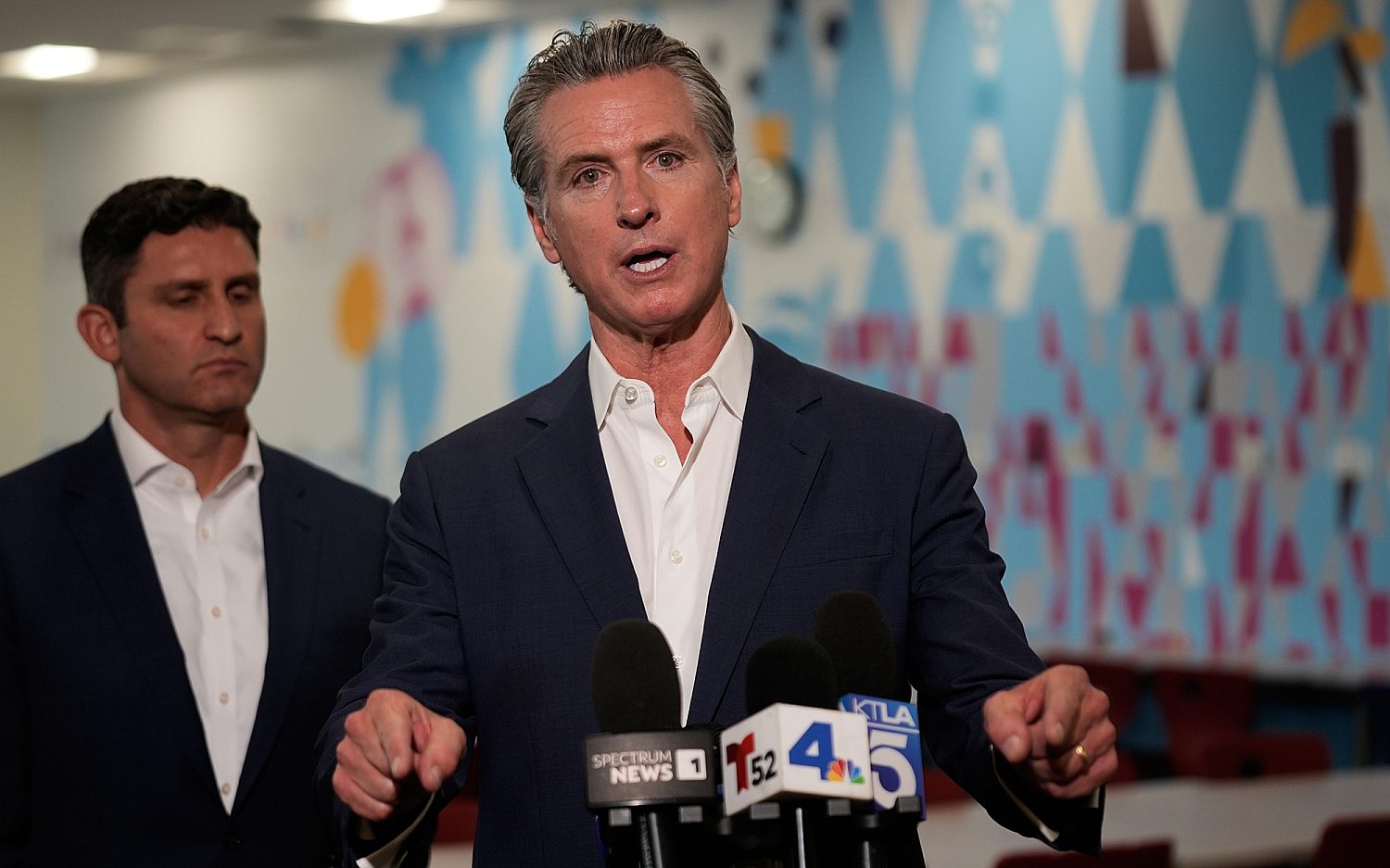Passage to Egypt
A year after the revolution, Cairo residents remain uneasy and uncertain over what comes next
CAIRO-A first-time visitor to Egypt's capital might be surprised by a simple discovery: Tahrir Square is smaller than it seems on television.
The famed site of the country's remarkable revolution swelled with nearly 1 million Egyptians a little more than a year ago. The actual square seems better suited for a few thousand. Overflow crowds spilled into side streets during the 18-day revolution last February, closing roads and spreading the massive demonstration into surrounding neighborhoods until President Hosni Mubarak fell from power.
On Sunday night, the scene in Tahrir Square was far different: Only a handful of Egyptians milled around a patch of dirt at the center, hovering over small campfires and sitting in front of makeshift tents. (According to locals, the few who remain in the square full time are family members of protesters slain during the demonstrations.) The heart of the square remains mostly dark, with the military turning off streetlights after 6 p.m. to discourage locals from assembling at night.
Nearby, a dozen men surround a television playing scenes from the revolution repeated on a loop: The video features government crackdowns on protesters and angry Egyptians condemning the abuses. The men watch quietly, with some buying small bags of popcorn from a nearby street vendor.
But while Tahrir Square is more settled these days, Egyptians are still restive. Their jubilation over staging a protest that managed to topple a dictator has turned to frustration and anxiety over what comes next.
The military leaders that courted favor with the crowds during the revolution have far less popularity as the power in charge. Fuel shortages and rising prices on staples like bread leave some Egyptians wondering if military leaders accustomed to managing security understand the complexities of managing a nation. Smatterings of graffiti on a government building in Tahrir Square condemn the ruling military council with profanity-laden curses.
Meanwhile, minority groups in the Muslim nation wonder what a parliament dominated by the Muslim Brotherhood and Salafi Islamists will mean for religious freedom in a country where Christians have already struggled to achieve basic tasks like building churches. As many as 200,000 Coptic Christians fled Egypt over the last year due to persecution and growing fears, and evangelical pastors report families leaving their congregations as well.
But all is not darkness in Egypt. On Sunday night, not long after the last call to Muslim prayer had sounded from loudspeakers of mosques all over Cairo, a different sound wafted from a building just off Tahrir Square-more than 1,500 Egyptians packed into the largest evangelical church in the Middle East, singing the words of Psalm 150.
Churchgoers at Kasr el-Dobara Church take turns packing into three worship services each week (one on Friday and two on Sunday) to accommodate all of the church's several thousand members. The revolution hasn't dampened attendance, though church members aren't naive about danger: Everyone now passes through a metal detector before entering the church's high gates. Still, attendance is even stronger since the revolution, with congregants filling the wooden pews again for a Monday night prayer meeting that draws more than 1,000.
After a Sunday night service of jubilant worship, associate pastor Nagi Said reported that the church is even drawing a new group of visitors: local Muslims interested in learning more about Christianity. Since Egyptians carry identity cards declaring their religion, Muslims rarely felt free to visit Christian churches where local security forces sometimes checked identification. But since security forces largely dispersed after the revolution, the scrutiny at some church doors has dispersed as well.
But while church attendance is strong, and worship remains enthusiastic, the reality of the nation's uncertainty always lingers. During the two-hour service that included singing, prayer, preaching, and communion, the church's senior pastor didn't directly address the revolution. But he spoke about the difficulties of trials, and encouraged his congregation to remain firm in Christ, reminding them that spiritual victory often comes through perilous tribulation. "Sometimes the news seems to go from bad to worse," he said. "But we go from glory to glory."
An actual newsletter worth subscribing to instead of just a collection of links. —Adam
Sign up to receive The Sift email newsletter each weekday morning for the latest headlines from WORLD’s breaking news team.





Please wait while we load the latest comments...
Comments
Please register, subscribe, or log in to comment on this article.